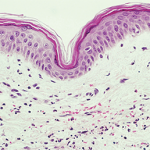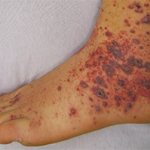WASHINGTON, D.C.—In the next 15 years, it will be increasingly difficult to provide adequate care for rising numbers of patients with rheumatic diseases due to a severe shortage of trained rheumatology healthcare providers, according to the ACR’s 2015 Workforce Study of Rheumatology Specialists in the United States. The full study is available online, and panelists…









